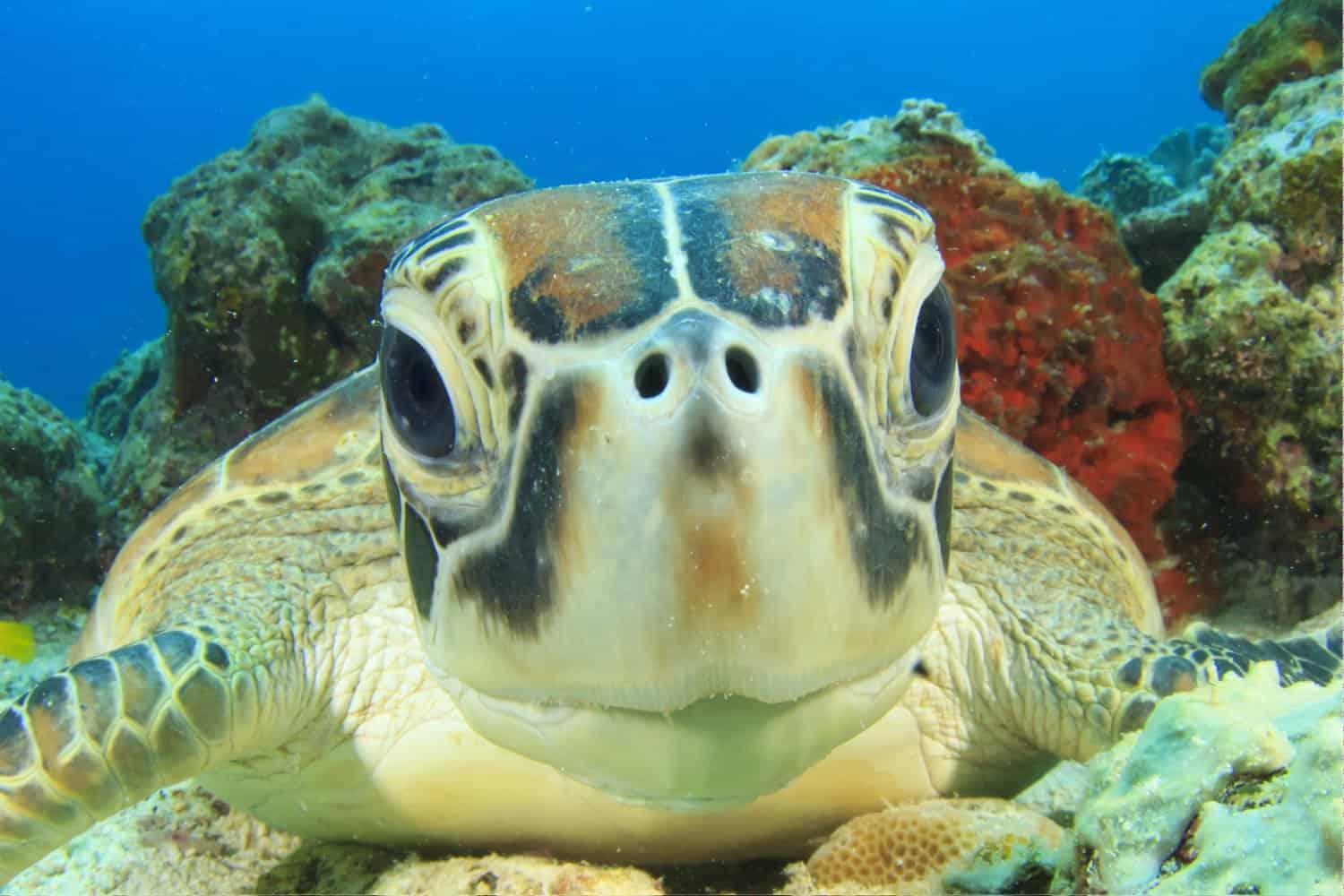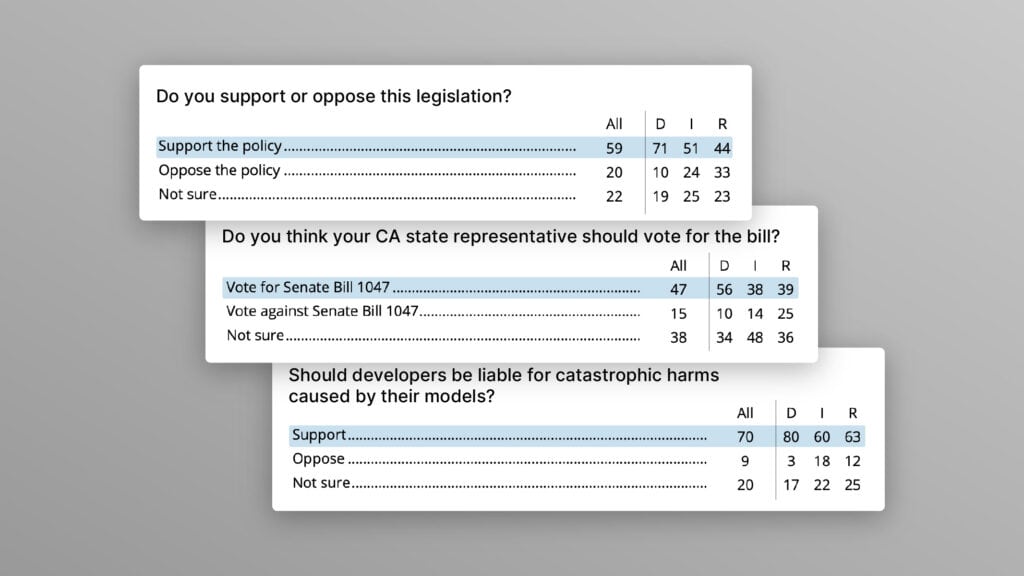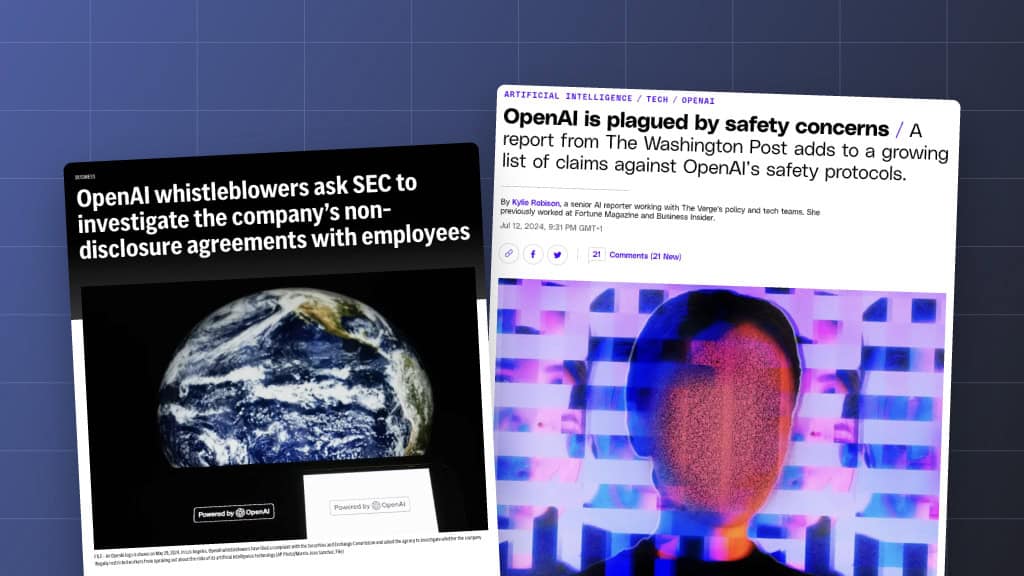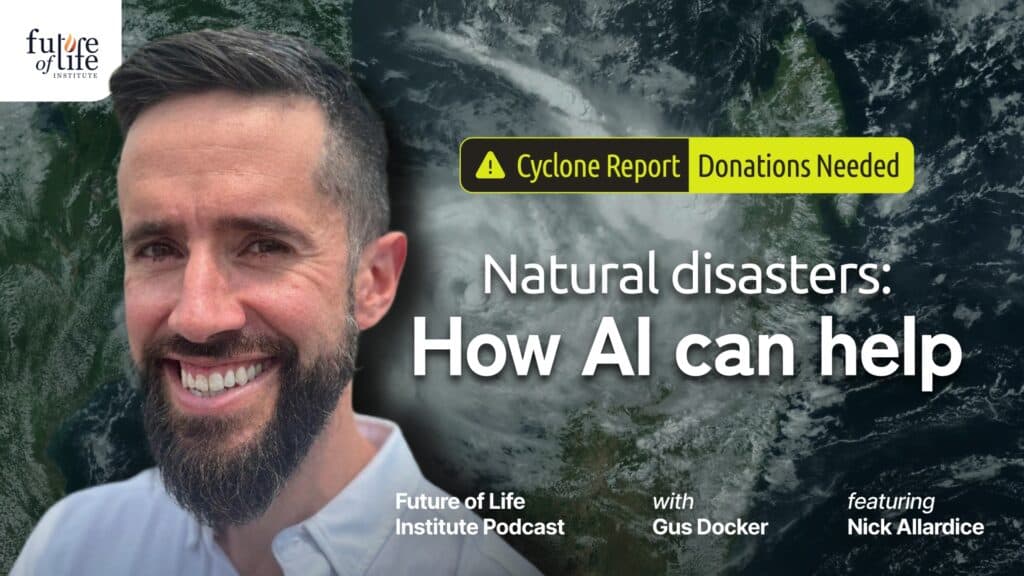X-risk News of the Week: Ocean Warming and Nuclear Protests

Contents
X-risk = Existential Risk. The risk that we could accidentally (hopefully accidentally) wipe out all of humanity.
X-hope = Existential Hope. The hope that we will all flourish and live happily ever after.
Ocean warming and nuclear weapons are this week’s big x-risk news. It’s pretty clear why nuclear weapons could pose an existential risk. But ocean warming?
This is where cause and effect becomes the big issue.
Oceans are like a carbon dioxide sponge. In fact, the oceans have absorbed about 30% of all the carbon dioxide emitted since the start of the industrial revolution. That’s hundreds of billions of tons of carbon dioxide, and it’s taking a heavy toll on the health of the oceans.
As the news this week pointed out, acidification of the Great Barrier Reef (GBR) — something marine scientists have been warning the public about for decades – is occurring even faster than scientists previously thought. Thousands of species of marine life depend on the GBR and could be at risk. From a human standpoint, the GBR generates over $5.5 billion in revenue each year, employing nearly 70,000 people.
On a larger scale, more news came out this week about just how fast the ocean is changing as a result of climate change. In one article, Science News pointed out that in the last century, sea levels have risen faster than at any other time since the founding of Rome, 2800 years ago.
Meanwhile, the Guardian reported on a new study that found that even if we stem the rising global temperatures, ocean levels will continue to rise at a rapid rate because the ice sheets will continue to melt just at the current temperatures. Even if we do everything perfectly and don’t let global temperatures rise any higher than two degrees, ocean levels are still expected to rise 30 feet. According to the Guardian:
“20% of the world’s population will eventually have to migrate away from coasts swamped by rising oceans. Cities including New York, London, Rio de Janeiro, Cairo, Calcutta, Jakarta and Shanghai would all be submerged.”
In the United States alone, work associated with the oceans contributes billions of dollars to the U.S. GDP, while providing employment to millions of people. Worldwide, the oceans provide employment for an estimated 10-12% of the global population.
Now, imagine the global impact of a mass migration from some of the largest cities around the world, while at the same time, huge percentages of the global population lose their means of food and income. This is a problem that could easily escalate.
As these types of issues get worse and likely increase political strain between countries, the risks associated with nuclear weapons could also increase. More and more reports have been coming out in recent months, indicating that the risk of a nuclear war could be reaching levels not seen since the Cold War.
This weekend, thousands of protesters took to the streets, marching through London in what has been called Britain’s largest anti-nuclear weapons rally in a generation. The march was organized by the Campaign for Nuclear Disarmament, and featured vocal nuclear weapons opponents like Britain’s Labour Party leader, Jeremy Corbyn.
Among the biggest risks we face with nuclear weapons is that they might get triggered accidentally or in response to a false alarm. This week we also launched timeline of known close calls to show just how easy it would be for a nuclear war to be waged inadvertently.
Our hope is that the more well informed people are, the more likely they are to take the steps necessary to mitigate these risks. Nuclear weapons may represent an existential risk, but people taking action is among the greatest of existential hopes.
About the Future of Life Institute
The Future of Life Institute (FLI) is a global think tank with a team of 20+ full-time staff operating across the US and Europe. FLI has been working to steer the development of transformative technologies towards benefitting life and away from extreme large-scale risks since its founding in 2014. Find out more about our mission or explore our work.
Related content
Other posts about Climate & Environment, Recent News

The U.S. Public Wants Regulation (or Prohibition) of Expert‑Level and Superhuman AI

Poll Shows Broad Popularity of CA SB1047 to Regulate AI


